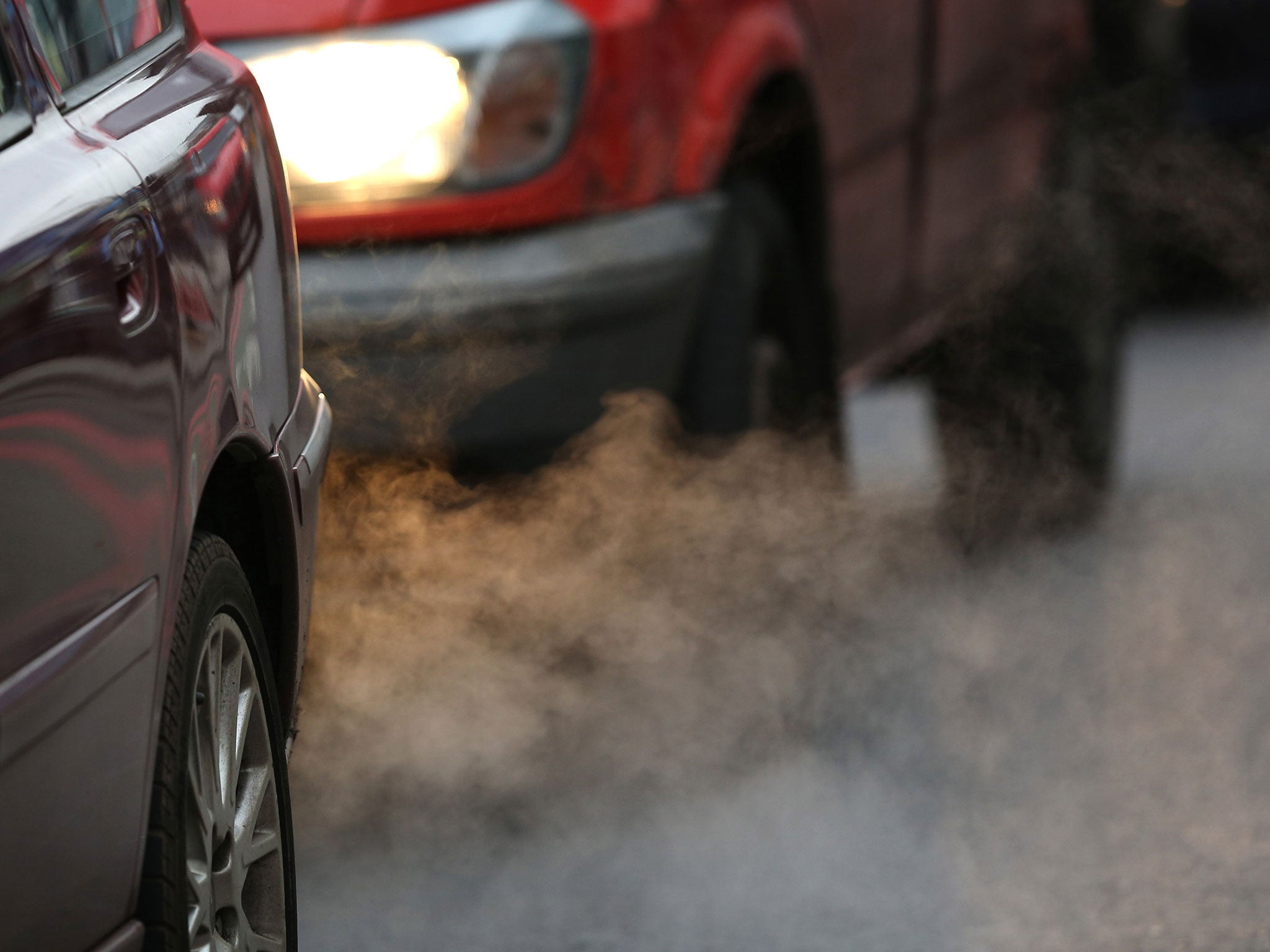Indoor air pollution from household products putting lives at risk, report warns
As many as 99,000 deaths across Europe are caused by indoor air pollution each year

Your support helps us to tell the story
From reproductive rights to climate change to Big Tech, The Independent is on the ground when the story is developing. Whether it's investigating the financials of Elon Musk's pro-Trump PAC or producing our latest documentary, 'The A Word', which shines a light on the American women fighting for reproductive rights, we know how important it is to parse out the facts from the messaging.
At such a critical moment in US history, we need reporters on the ground. Your donation allows us to keep sending journalists to speak to both sides of the story.
The Independent is trusted by Americans across the entire political spectrum. And unlike many other quality news outlets, we choose not to lock Americans out of our reporting and analysis with paywalls. We believe quality journalism should be available to everyone, paid for by those who can afford it.
Your support makes all the difference.Air pollution both inside and outside the home is linked to 40,000 early deaths in the UK each year, according to a new report.
While the health impact of outdoor air pollution is relatively well known, the report warns exposure to indoor air pollution from household products is also putting lives at risk.
As many as 99,000 deaths across Europe in 2012 were caused by indoor air pollution, according to the report from the Royal College of Physicians and the Royal College of Paediatrics and Child Health.
Home items contributing to indoor air pollution
- Kitchen products
- Air fresheners
- Spray deodorants
- Fly sprays
- Candles
- Open fires
- Faulty boilers and heaters
- Mould and mildew
It highlights the pollution risk of items used around the home, such as open fires, spray deodorants, cleaning products, air fresheners and fly spray.
The authors write: "There is now good awareness of the risks from badly maintained gas appliances, radioactive radon gas and second-hand tobacco smoke.
"But indoors we can also be exposed to NO2 from gas cooking and solvents that slowly seep from plastics, paints and furnishings.
"The lemon and pine scents that we use to make our homes smell fresh can react chemically to generate air pollutants, and ozone-based air fresheners can also cause indoor air pollution."
Air pollution has been linked to cancer, asthma, stroke and heart disease, as well as diabetes and obesity.
Health problems resulting from exposure to air pollution cost health services and businesses more than £20 billion each year.
Doctor Andrew Goddard, from the Royal College of Physicians, said: "Taking action to tackle air pollution in the UK will reduce the pain and suffering for many people with long-term chronic health conditions, not to mention lessening the long-term demands on our NHS.
"This is not just a job for government, local authorities or business - as individuals we can all do our part to reduce pollutant exposure."
Join our commenting forum
Join thought-provoking conversations, follow other Independent readers and see their replies
Comments